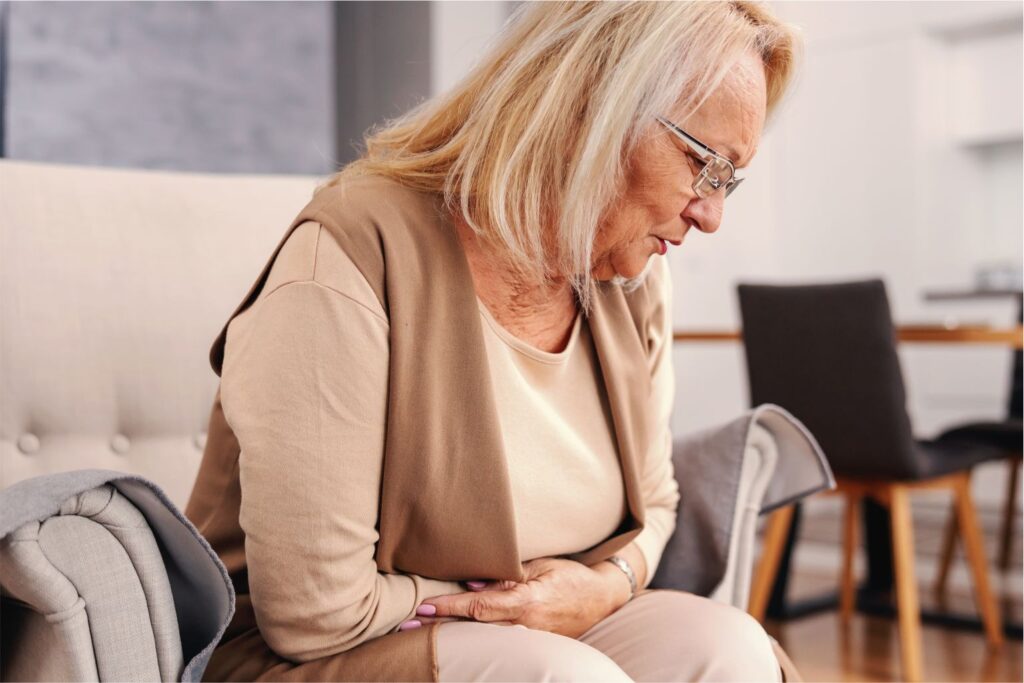
An observational study reveals that women aged 65 and above remain at notable risk of cervical cancer due to high-risk HPV infections, despite current international screening guidelines advising cessation after 65 if prior results were normal.
The study, published in Gynaecology and Obstetrics Clinical Medicine, analysed cervical cancer screening data from more than 2.1 million women in Shenzhen, China, collected between 2017 and 2023. Among them, over 17,000 were women aged 65 and above.
Also Read | First at-home cervical cancer test approved in US
The researchers found that nearly 14% of women aged 65+ tested positive for high-risk HPV, compared to 8% among younger women, and they were more likely to have multiple HPV infections. Colposcopy detected CIN2+ (moderate to severe precancerous changes) in 14% of older women versus 9% in younger women.
The most common high-risk HPV genotypes detected in older women were HPV52, HPV16, HPV58, HPV56, and HPV68. The study also found that the risk of developing CIN2+ increased with the number of high-risk HPV infections, up to 85 times higher for women with three or more infections.
In 2022, the World Health Organization recorded more than 1.5 lakh new cases and over 1.2 lakh deaths from cervical cancer in women above 65 years of age. These findings stand in contrast to current practice in many countries, where screening typically stops at age 65 if previous smears or HPV tests have been normal.
The study’s authors suggest that declining immunity, postmenopausal hormonal changes, and lack of earlier HPV vaccination or screening may contribute to rising susceptibility in older women. They argue that life expectancy increases demand a fresh look at screening age cut-offs globally.








